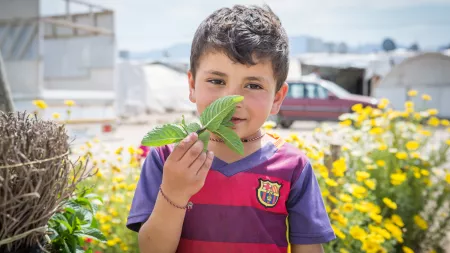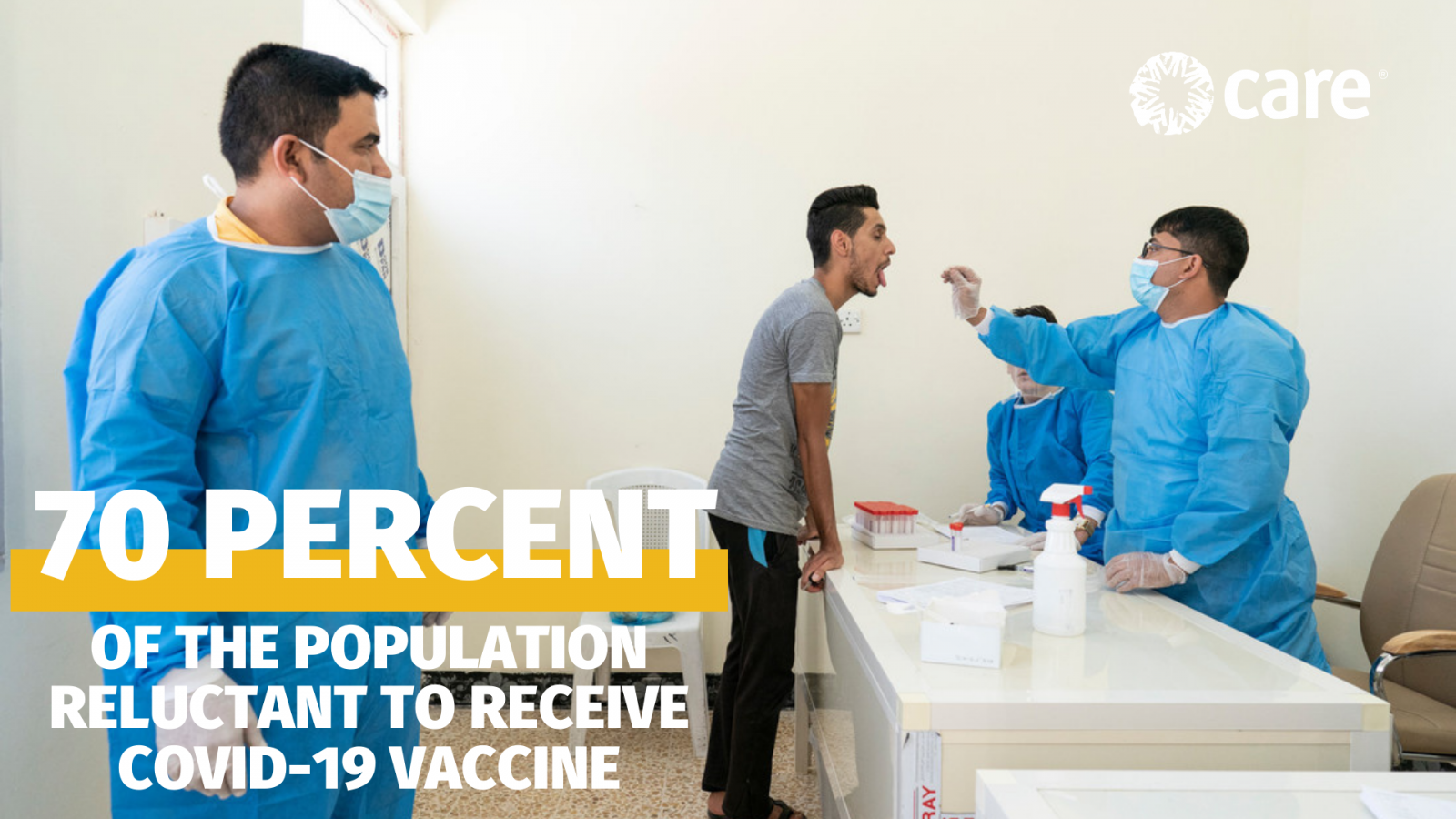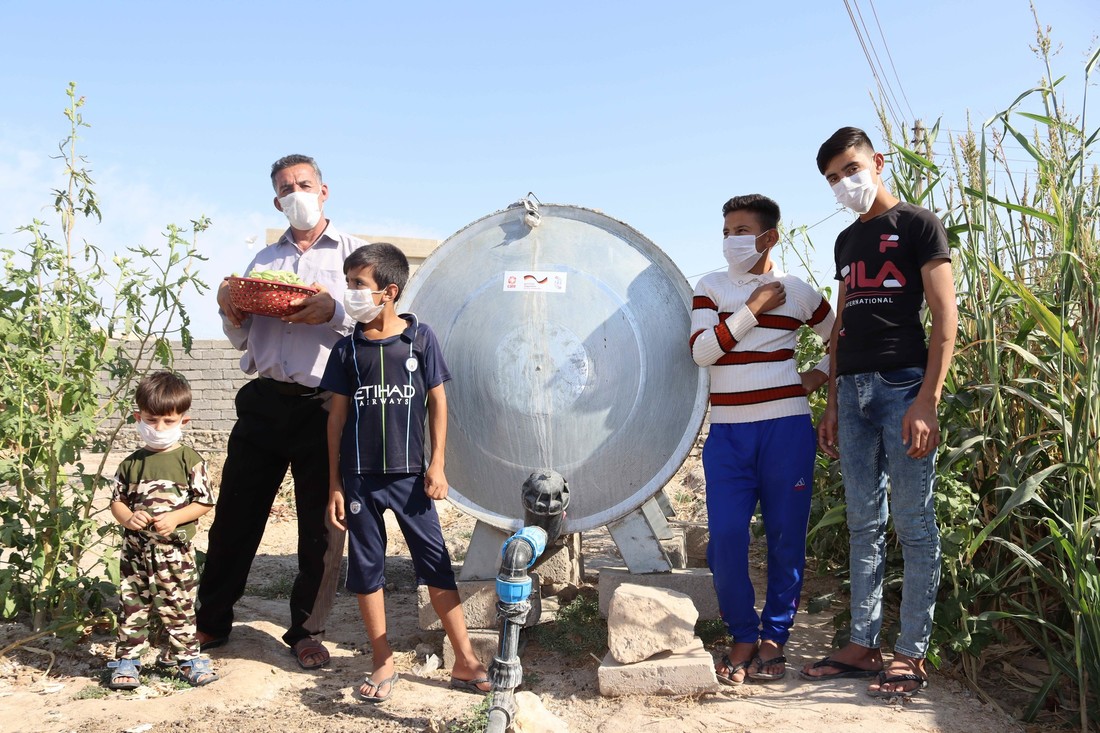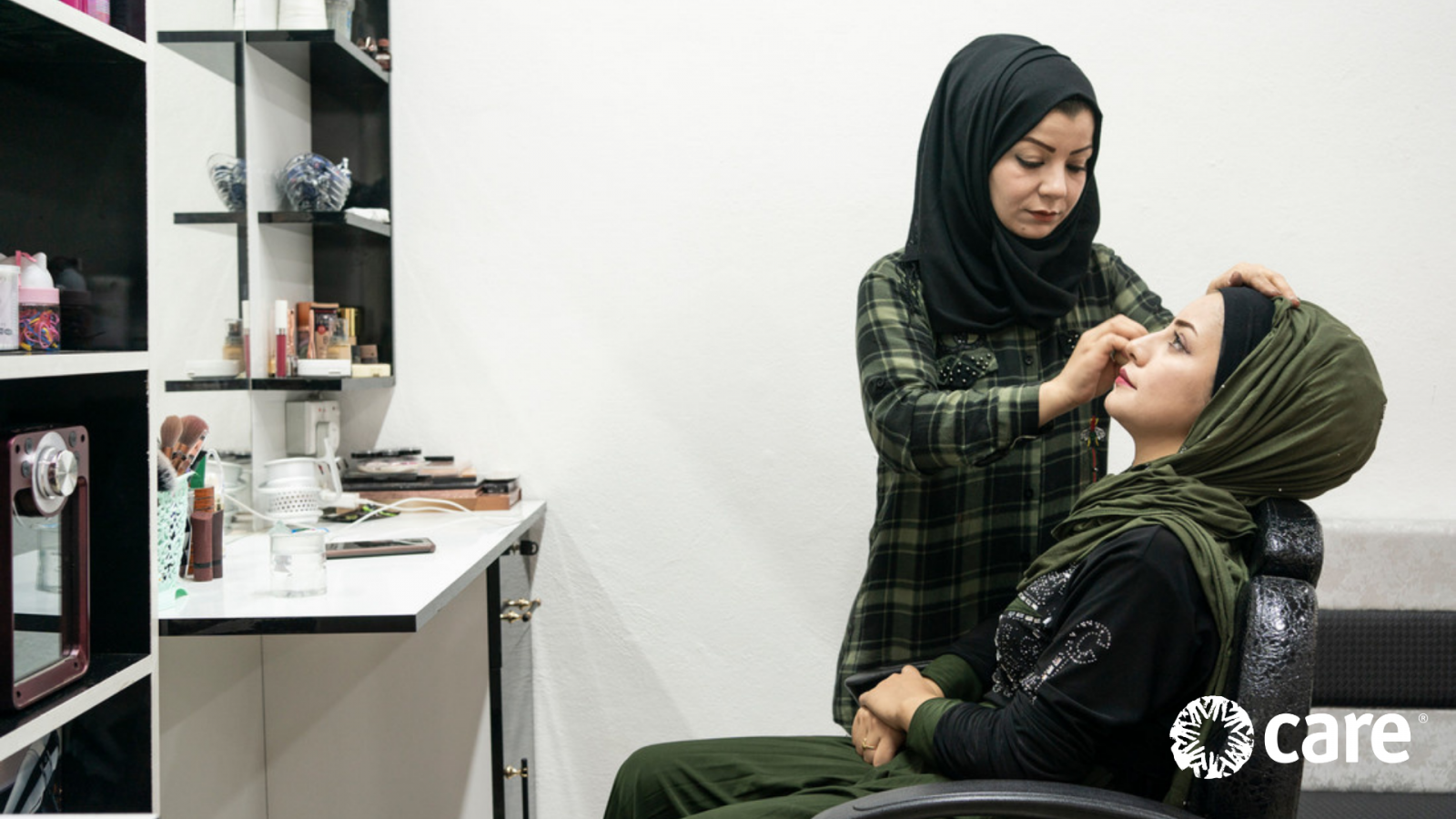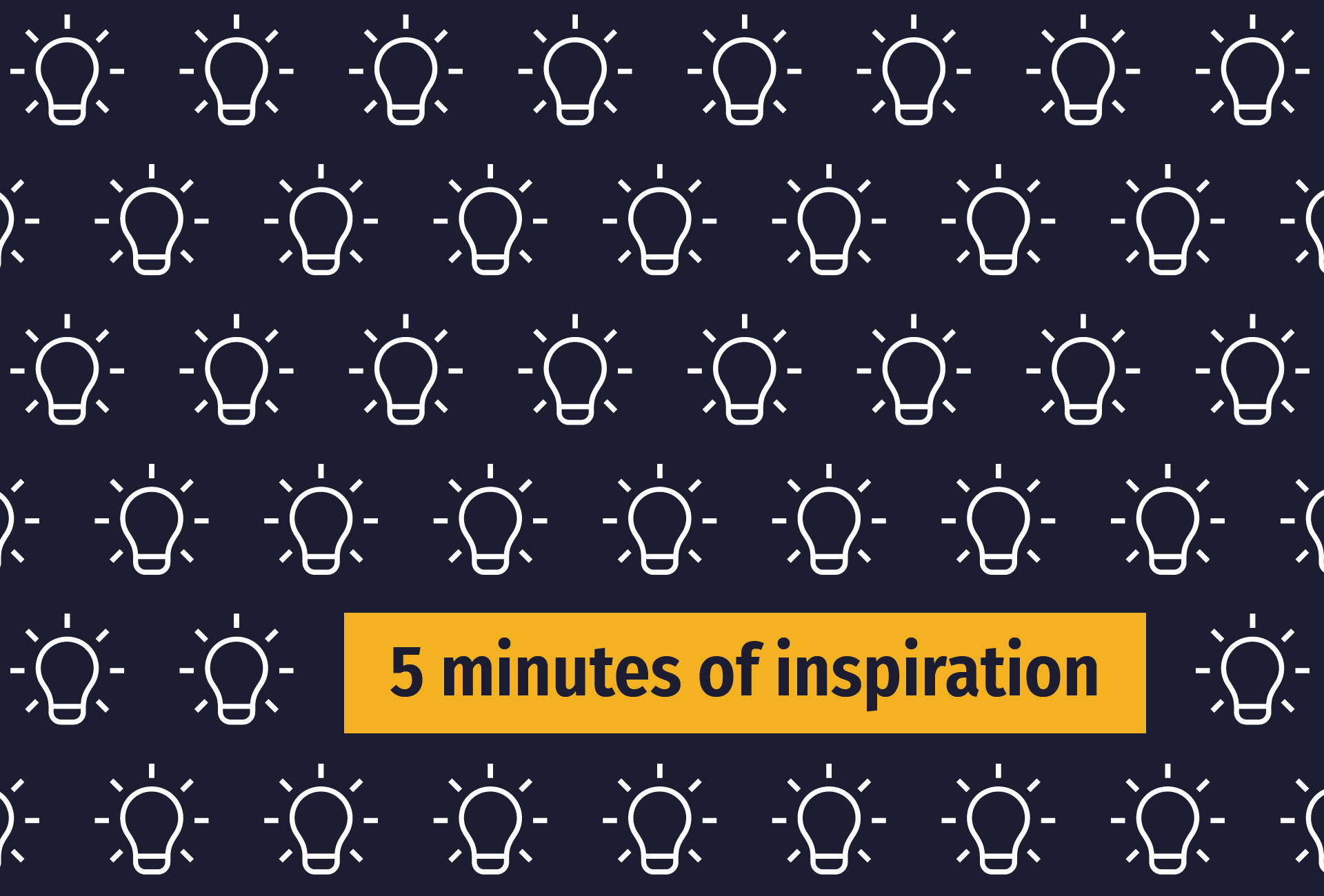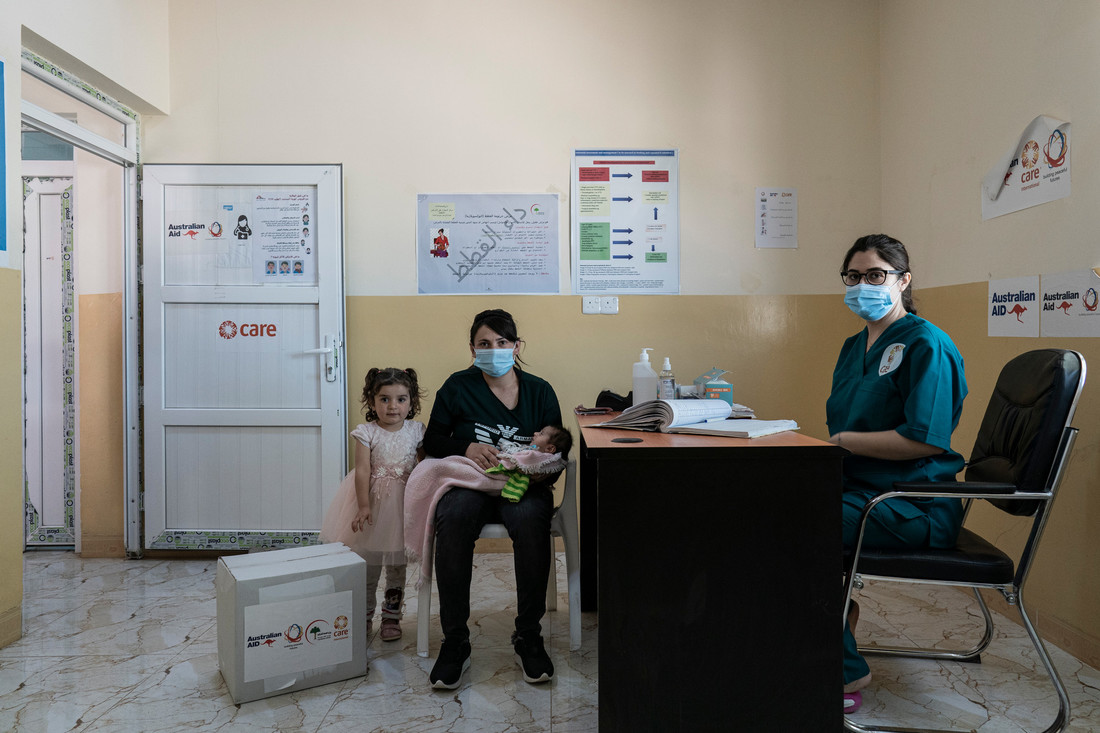History of CARE International's work in Iraq
CARE International in Iraq has been active since 1991, providing essential assistance to millions of individuals in need. We work with offices and partners strategically located to reach communities in need.
In 2004, CARE temporarily suspended its operations after a catastrophic event. We became active again in Iraq in 2014 after a military offensive in Nineveh displaced hundreds of thousands of people in the country's Kurdish Region.
Together with national partners, we deliver humanitarian assistance and long-term recovery support to the most vulnerable populations, across multiple Governorates in Iraq - including Dohuk, Ninewa, Salah Al-Din, Al-Anbar, and Diyala.
What CARE International does in Iraq
Since 2021, CARE Iraq has transitioned from a focus on humanitarian response to work on long-lasting solutions, development, and nexus programming. CARE's program in Iraq has evolved to place a strong emphasis on promoting equality and justice between women and men, as well as climate justice for the most disadvantaged Iraqis.
We work on multiple projects that aim to empower small grassroots women's rights organizations that currently lack adequate resources and capabilities. This enables women's rights advocates to take the lead in promoting peace, social inclusion, and women's participation in decision-making.
CARE Iraq is enhancing climate resilience, promoting climate-smart agricultural practices, and contributing to mitigation efforts to decrease climate change impacts. Skilled trainers educate participants on eco-friendly, climate-smart farming techniques and enhance nursery skills.
To learn more about our climate and environment programs, read our report: Capacity Statement on Climate Change Adaptation and Climate Justice
